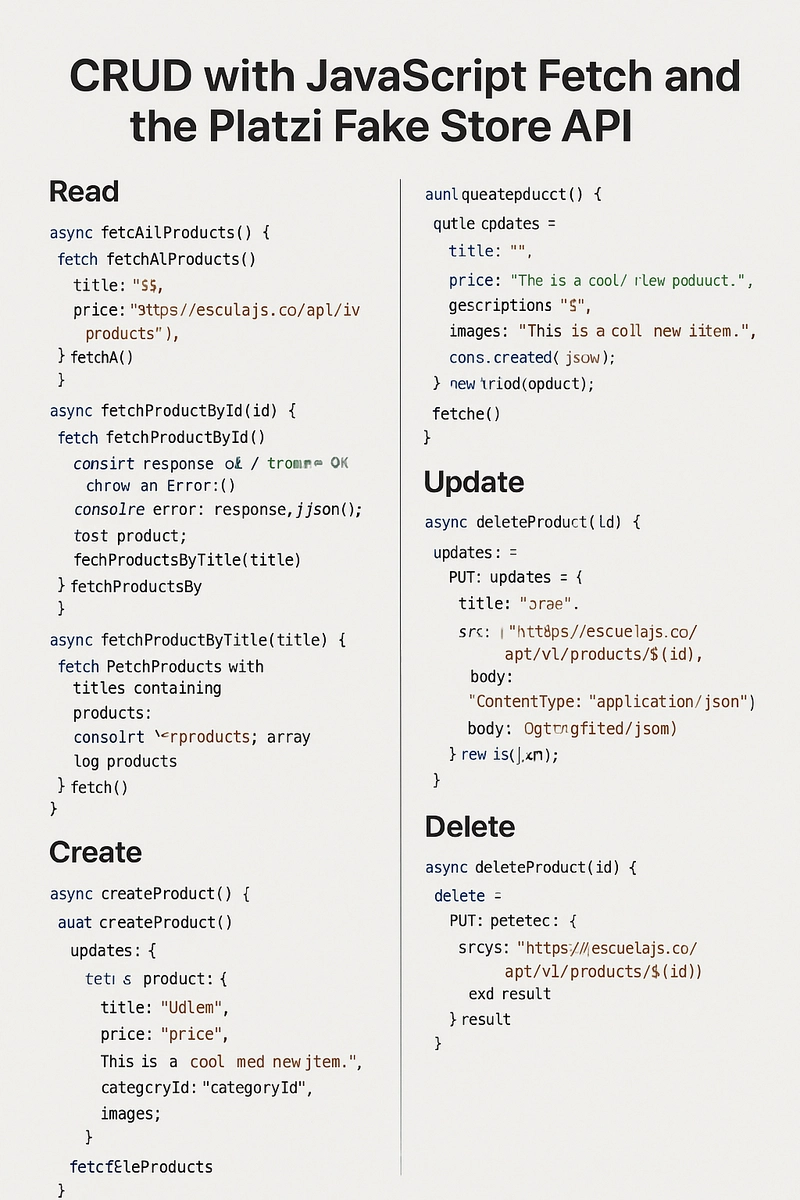IBM Fundamentals: Cf Deployment Tracker Client Go
Tracking Your Cloud Native Future: A Deep Dive into IBM Cf Deployment Tracker Client Go The world is moving faster than ever. Businesses are under immense pressure to innovate, deliver value quickly, and adapt to changing market conditions. This drive has fueled the explosion of cloud-native applications – microservices, containers, and serverless functions – all orchestrated to deliver seamless experiences. But with increased velocity comes increased complexity. Deployments are happening more frequently, and the potential for issues to slip through the cracks grows exponentially. A recent study by Forrester found that 43% of developers spend more time debugging deployments than writing code. IBM, serving over 12,000 clients globally including giants like Siemens and Deutsche Bank, understands this challenge. They’ve built solutions to address it, and one key component is the Cf Deployment Tracker Client Go. This isn’t just another monitoring tool; it’s a critical piece of the puzzle for achieving true observability and reliability in your cloud-native deployments, especially within a zero-trust security model and hybrid cloud environments. This post will provide a comprehensive guide to understanding, implementing, and maximizing the value of Cf Deployment Tracker Client Go. What is "Cf Deployment Tracker Client Go"? At its core, Cf Deployment Tracker Client Go is a Go library designed to integrate with IBM Cloud Foundry (CF) and other deployment platforms, providing detailed tracking and reporting of application deployments. Think of it as a highly specialized, programmatic audit trail for your application releases. It doesn’t perform the deployments; it observes and records them. It solves the problem of limited visibility into the lifecycle of a deployment. Traditionally, tracking a deployment involved piecing together logs from various sources – build pipelines, deployment scripts, and application logs. This is time-consuming, error-prone, and often lacks the granularity needed for effective troubleshooting or compliance. The major components of Cf Deployment Tracker Client Go are: Go Library: The core component, providing APIs for instrumenting your deployment processes. Deployment Event Recorder: Captures key events during a deployment, such as start, success, failure, and rollback. Metadata Enrichment: Adds contextual information to deployment events, like the user initiating the deployment, the Git commit hash, and the environment. Integration Points: Connectors to various deployment platforms (CF, Kubernetes, Terraform, etc.) and reporting systems. Reporting API: Allows querying and retrieving deployment event data. Companies like a large financial institution might use it to track every change to their core banking applications, ensuring full auditability for regulatory compliance. A retail company could leverage it to quickly identify the root cause of a deployment-related outage during a peak shopping season. Why Use "Cf Deployment Tracker Client Go"? Before Cf Deployment Tracker Client Go, teams often struggled with: Lack of a Single Source of Truth: Deployment information scattered across multiple systems. Slow Mean Time to Resolution (MTTR): Difficulty pinpointing the cause of deployment failures. Compliance Challenges: Inability to demonstrate a clear audit trail for regulatory requirements. Manual Reporting: Time-consuming and error-prone process of generating deployment reports. Industry-specific motivations are strong. For example: Financial Services: Strict regulatory requirements (e.g., SOX, PCI DSS) demand comprehensive audit trails. Healthcare: HIPAA compliance requires detailed tracking of changes to patient data systems. Manufacturing: Traceability of software updates is crucial for maintaining the integrity of industrial control systems. Let's look at a few user cases: User Case 1: The Fintech Startup: A fintech startup deploying updates to its mobile payment app multiple times a day. Without Cf Deployment Tracker Client Go, identifying the problematic commit that caused a recent transaction failure was a nightmare. Now, they can instantly pinpoint the exact deployment and associated code change. User Case 2: The Retail Giant: A large retailer deploying seasonal promotions to its e-commerce platform. They need to ensure that deployments are rolled back quickly if they negatively impact sales. The tracker provides real-time visibility into deployment status and facilitates rapid rollback procedures. User Case 3: The Automotive Manufacturer: An automotive manufacturer updating the software in its connected vehicles. They need to track every software update to ensure safety and compliance. The tracker provides a detailed audit trail for each vehicle's software version. Key Features and Capabilities Cf Deployment Tracker Client Go boasts a robust set of features:

Tracking Your Cloud Native Future: A Deep Dive into IBM Cf Deployment Tracker Client Go
The world is moving faster than ever. Businesses are under immense pressure to innovate, deliver value quickly, and adapt to changing market conditions. This drive has fueled the explosion of cloud-native applications – microservices, containers, and serverless functions – all orchestrated to deliver seamless experiences. But with increased velocity comes increased complexity. Deployments are happening more frequently, and the potential for issues to slip through the cracks grows exponentially. A recent study by Forrester found that 43% of developers spend more time debugging deployments than writing code. IBM, serving over 12,000 clients globally including giants like Siemens and Deutsche Bank, understands this challenge. They’ve built solutions to address it, and one key component is the Cf Deployment Tracker Client Go. This isn’t just another monitoring tool; it’s a critical piece of the puzzle for achieving true observability and reliability in your cloud-native deployments, especially within a zero-trust security model and hybrid cloud environments. This post will provide a comprehensive guide to understanding, implementing, and maximizing the value of Cf Deployment Tracker Client Go.
What is "Cf Deployment Tracker Client Go"?
At its core, Cf Deployment Tracker Client Go is a Go library designed to integrate with IBM Cloud Foundry (CF) and other deployment platforms, providing detailed tracking and reporting of application deployments. Think of it as a highly specialized, programmatic audit trail for your application releases. It doesn’t perform the deployments; it observes and records them.
It solves the problem of limited visibility into the lifecycle of a deployment. Traditionally, tracking a deployment involved piecing together logs from various sources – build pipelines, deployment scripts, and application logs. This is time-consuming, error-prone, and often lacks the granularity needed for effective troubleshooting or compliance.
The major components of Cf Deployment Tracker Client Go are:
- Go Library: The core component, providing APIs for instrumenting your deployment processes.
- Deployment Event Recorder: Captures key events during a deployment, such as start, success, failure, and rollback.
- Metadata Enrichment: Adds contextual information to deployment events, like the user initiating the deployment, the Git commit hash, and the environment.
- Integration Points: Connectors to various deployment platforms (CF, Kubernetes, Terraform, etc.) and reporting systems.
- Reporting API: Allows querying and retrieving deployment event data.
Companies like a large financial institution might use it to track every change to their core banking applications, ensuring full auditability for regulatory compliance. A retail company could leverage it to quickly identify the root cause of a deployment-related outage during a peak shopping season.
Why Use "Cf Deployment Tracker Client Go"?
Before Cf Deployment Tracker Client Go, teams often struggled with:
- Lack of a Single Source of Truth: Deployment information scattered across multiple systems.
- Slow Mean Time to Resolution (MTTR): Difficulty pinpointing the cause of deployment failures.
- Compliance Challenges: Inability to demonstrate a clear audit trail for regulatory requirements.
- Manual Reporting: Time-consuming and error-prone process of generating deployment reports.
Industry-specific motivations are strong. For example:
- Financial Services: Strict regulatory requirements (e.g., SOX, PCI DSS) demand comprehensive audit trails.
- Healthcare: HIPAA compliance requires detailed tracking of changes to patient data systems.
- Manufacturing: Traceability of software updates is crucial for maintaining the integrity of industrial control systems.
Let's look at a few user cases:
- User Case 1: The Fintech Startup: A fintech startup deploying updates to its mobile payment app multiple times a day. Without Cf Deployment Tracker Client Go, identifying the problematic commit that caused a recent transaction failure was a nightmare. Now, they can instantly pinpoint the exact deployment and associated code change.
- User Case 2: The Retail Giant: A large retailer deploying seasonal promotions to its e-commerce platform. They need to ensure that deployments are rolled back quickly if they negatively impact sales. The tracker provides real-time visibility into deployment status and facilitates rapid rollback procedures.
- User Case 3: The Automotive Manufacturer: An automotive manufacturer updating the software in its connected vehicles. They need to track every software update to ensure safety and compliance. The tracker provides a detailed audit trail for each vehicle's software version.
Key Features and Capabilities
Cf Deployment Tracker Client Go boasts a robust set of features:
- Automated Deployment Tracking: Automatically captures deployment events without manual intervention.
- Use Case: Tracking deployments triggered by a CI/CD pipeline.
- Flow: CI/CD pipeline -> Deployment Script (instrumented with Cf Deployment Tracker Client Go) -> Deployment Platform -> Tracker records event.
- Detailed Event Metadata: Records comprehensive information about each deployment, including timestamps, user IDs, commit hashes, and environment details.
- Customizable Event Types: Allows defining custom event types to track specific deployment stages or actions.
- Integration with CI/CD Pipelines: Seamlessly integrates with popular CI/CD tools like Jenkins, GitLab CI, and Azure DevOps.
- Real-time Monitoring: Provides real-time visibility into deployment status through dashboards and alerts.
- Rollback Tracking: Records rollback events, providing a complete history of deployment changes.
- Audit Trail Generation: Generates comprehensive audit trails for compliance purposes.
- API Access: Provides a REST API for querying and retrieving deployment event data.
- Alerting and Notifications: Configurable alerts based on deployment status or event types.
- Multi-Platform Support: Supports various deployment platforms, including IBM Cloud Foundry, Kubernetes, and Terraform.
Detailed Practical Use Cases
- Automotive Software Updates (Safety Critical): A car manufacturer needs to track every over-the-air (OTA) software update to its vehicles. Problem: Ensuring compliance with safety regulations and quickly identifying the source of any software-related issues. Solution: Integrate Cf Deployment Tracker Client Go into the OTA update process, recording every update, version, and vehicle ID. Outcome: A complete audit trail for safety compliance and faster troubleshooting of software-related incidents.
- Financial Trading Platform (High Availability): A high-frequency trading platform requires zero downtime. Problem: Minimizing the impact of deployments on trading activity. Solution: Use the tracker to monitor deployment status in real-time and automatically roll back deployments if performance degrades. Outcome: Increased trading uptime and reduced risk of financial losses.
- Healthcare Patient Record System (Compliance): A hospital needs to track all changes to its electronic health record (EHR) system. Problem: Maintaining HIPAA compliance and ensuring data integrity. Solution: Integrate the tracker into the EHR deployment process, recording every change, user, and timestamp. Outcome: A comprehensive audit trail for HIPAA compliance and improved data security.
- E-commerce Seasonal Promotion (Revenue Impact): An e-commerce company is launching a major seasonal promotion. Problem: Ensuring that the deployment of the promotion doesn't negatively impact website performance or sales. Solution: Use the tracker to monitor deployment status and performance metrics in real-time. Outcome: A successful promotion launch with minimal disruption to website traffic or sales.
- Manufacturing Industrial Control System (Operational Integrity): A manufacturing plant is updating the software on its industrial control systems. Problem: Preventing disruptions to production and ensuring the safety of workers. Solution: Integrate the tracker into the control system update process, recording every change and validating its impact. Outcome: A safe and reliable update process with minimal disruption to production.
- Insurance Claims Processing (Auditability): An insurance company needs to track all changes to its claims processing system. Problem: Maintaining auditability for regulatory compliance and fraud detection. Solution: Integrate the tracker into the claims processing system deployment process, recording every change, user, and timestamp. Outcome: A comprehensive audit trail for regulatory compliance and improved fraud detection.
Architecture and Ecosystem Integration
Cf Deployment Tracker Client Go fits seamlessly into the IBM Cloud architecture, particularly within a cloud-native environment. It integrates with IBM Cloud Foundry, Kubernetes Service, and other IBM Cloud services.
graph LR
A[CI/CD Pipeline (Jenkins, GitLab CI)] --> B(Deployment Script with Cf Deployment Tracker Client Go);
B --> C{Deployment Platform (CF, Kubernetes, Terraform)};
C --> D[IBM Cloud Foundry/Kubernetes];
D --> E(Cf Deployment Tracker Client Go);
E --> F[IBM Cloud Logging/Metrics];
E --> G[Reporting API];
G --> H[Dashboards/Alerting];
E --> I[Security Information and Event Management (SIEM)];
This diagram illustrates the flow of data from the CI/CD pipeline through the deployment platform to the Cf Deployment Tracker Client Go, which then sends data to logging, metrics, reporting, and security systems. It integrates with IBM Cloud Logging for centralized log management and IBM Cloud Monitoring for performance monitoring. It can also be integrated with SIEM systems for security event correlation.
Hands-On: Step-by-Step Tutorial
This tutorial demonstrates how to integrate Cf Deployment Tracker Client Go into a simple deployment script using the IBM CLI.
Prerequisites:
- IBM Cloud account
- IBM CLI installed and configured
- Go installed and configured
Step 1: Install the Cf Deployment Tracker Client Go library:
go get github.com/ibm-cloud/deployment-tracker-client-go
Step 2: Create a simple deployment script (deploy.sh):
#!/bin/bash
# Import the Cf Deployment Tracker Client Go library
import "github.com/ibm-cloud/deployment-tracker-client-go"
# Initialize the tracker
tracker := deploymenttracker.NewTracker("your_api_key", "your_region")
# Start the deployment event
eventID := tracker.StartDeployment("my-app", "production", "user123")
# Perform the deployment steps (replace with your actual deployment commands)
echo "Deploying my-app to production..."
# ... your deployment commands here ...
# Check the deployment status
if [ $? -eq 0 ]; then
# Mark the deployment as successful
tracker.CompleteDeployment(eventID, "success")
echo "Deployment successful!"
else
# Mark the deployment as failed
tracker.CompleteDeployment(eventID, "failure")
echo "Deployment failed!"
fi
Step 3: Run the deployment script:
./deploy.sh
Step 4: Verify the deployment event in the IBM Cloud console:
Log in to the IBM Cloud console and navigate to the Deployment Tracker service. You should see a new deployment event with the details you provided in the script.
Pricing Deep Dive
Cf Deployment Tracker Client Go pricing is based on the number of deployment events tracked per month. IBM offers tiered pricing plans:
| Tier | Events/Month | Price/Month |
|---|---|---|
| Basic | Up to 1,000 | $10 |
| Standard | Up to 10,000 | $50 |
| Premium | Up to 100,000 | $200 |
| Enterprise | Custom | Contact Sales |
Cost Optimization Tips:
- Filter Events: Only track events that are critical for auditing or troubleshooting.
- Optimize Event Metadata: Minimize the amount of data included in each event to reduce storage costs.
- Use the Basic Tier: If your deployment volume is low, the Basic tier may be sufficient.
Cautionary Notes: Exceeding your monthly event limit will result in overage charges. Monitor your event usage regularly to avoid unexpected costs.
Security, Compliance, and Governance
Cf Deployment Tracker Client Go is built with security in mind. It supports:
- Data Encryption: Data is encrypted in transit and at rest.
- Role-Based Access Control (RBAC): Controls access to deployment event data.
- Audit Logging: Tracks all access to the service.
- Compliance Certifications: Compliant with industry standards such as SOC 2, ISO 27001, and HIPAA.
- Data Residency: Data is stored in the region you specify.
Integration with Other IBM Services
- IBM Cloud Monitoring: Integrate with IBM Cloud Monitoring to track deployment-related performance metrics.
- IBM Cloud Logging: Centralize deployment event logs with IBM Cloud Logging.
- IBM Cloud Security Advisor: Identify security vulnerabilities related to deployments.
- IBM Cloud Schematics: Automate infrastructure provisioning and deployment tracking.
- IBM Turbonomic: Optimize application resource allocation based on deployment data.
Comparison with Other Services
| Feature | Cf Deployment Tracker Client Go | AWS CloudTrail |
|---|---|---|
| Focus | Application Deployment Tracking | AWS Account Activity |
| Granularity | Detailed deployment events | Broad AWS API calls |
| Integration | IBM Cloud Foundry, Kubernetes, Terraform | AWS Services |
| Pricing | Event-based | Data volume-based |
| Use Case | Auditing application changes, troubleshooting deployments | Auditing AWS account activity, security investigations |
Decision Advice: If you are primarily using IBM Cloud services and need detailed tracking of application deployments, Cf Deployment Tracker Client Go is the better choice. If you are heavily invested in AWS and need to audit all AWS account activity, AWS CloudTrail is more appropriate.
Common Mistakes and Misconceptions
- Not Instrumenting All Deployments: Only tracking deployments for critical applications. Fix: Instrument all deployments to ensure a complete audit trail.
- Ignoring Event Metadata: Not including enough contextual information in deployment events. Fix: Include relevant metadata such as commit hashes, user IDs, and environment details.
- Lack of Alerting: Not configuring alerts for deployment failures or anomalies. Fix: Set up alerts to proactively identify and address deployment issues.
- Insufficient Access Control: Granting overly permissive access to deployment event data. Fix: Implement RBAC to restrict access to authorized personnel.
- Assuming it's a Monitoring Tool: Confusing it with a performance monitoring tool. Fix: Understand it's an audit and tracking tool, not a real-time performance monitor.
Pros and Cons Summary
Pros:
- Detailed deployment tracking
- Seamless integration with IBM Cloud services
- Strong security and compliance features
- Automated audit trail generation
- Real-time monitoring and alerting
Cons:
- Limited support for non-IBM Cloud platforms
- Pricing can be expensive for high-volume deployments
- Requires code instrumentation
Best Practices for Production Use
- Security: Implement RBAC and encrypt data in transit and at rest.
- Monitoring: Monitor event usage and performance metrics.
- Automation: Automate the integration of the tracker into your CI/CD pipelines.
- Scaling: Ensure the tracker can handle your deployment volume.
- Policies: Establish clear policies for deployment tracking and auditing.
Conclusion and Final Thoughts
Cf Deployment Tracker Client Go is a powerful tool for achieving observability and reliability in your cloud-native deployments. By providing a detailed audit trail of every deployment, it helps you improve compliance, reduce MTTR, and accelerate innovation. As the complexity of cloud-native applications continues to grow, services like this will become increasingly essential.
The future of deployment tracking lies in AI-powered anomaly detection and predictive analytics. IBM is actively investing in these areas to further enhance the value of Cf Deployment Tracker Client Go.
Ready to take control of your deployments? Start a free trial of Cf Deployment Tracker Client Go today and experience the benefits firsthand: [Link to IBM Cloud Catalog]. Don't let deployment chaos hold you back – embrace the power of observability and build a more resilient and reliable cloud-native future.




















































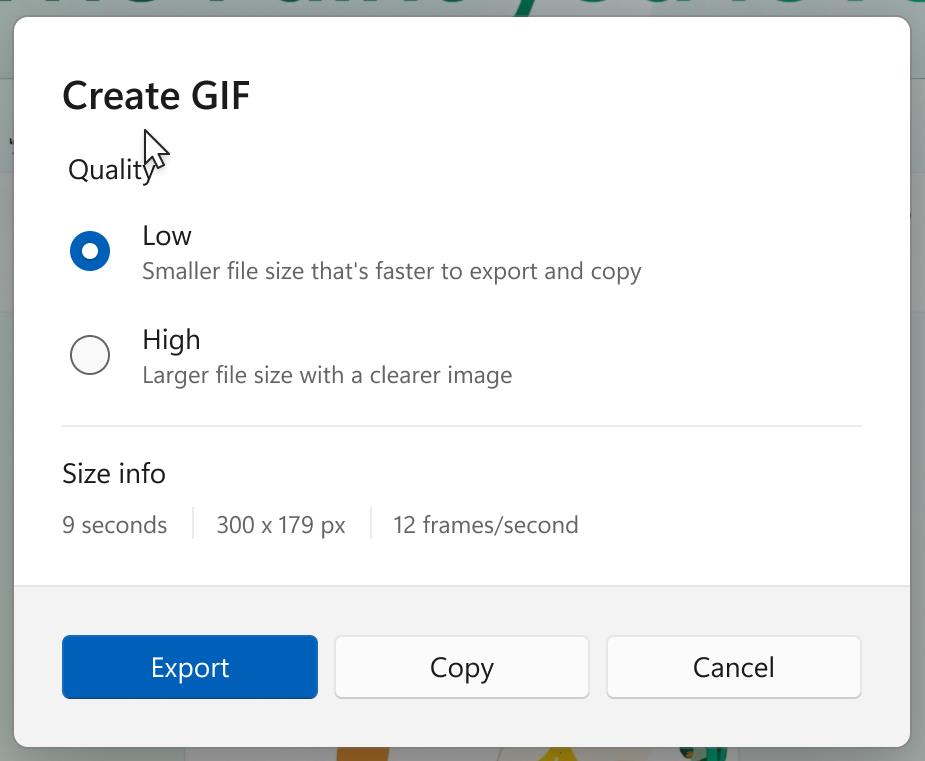

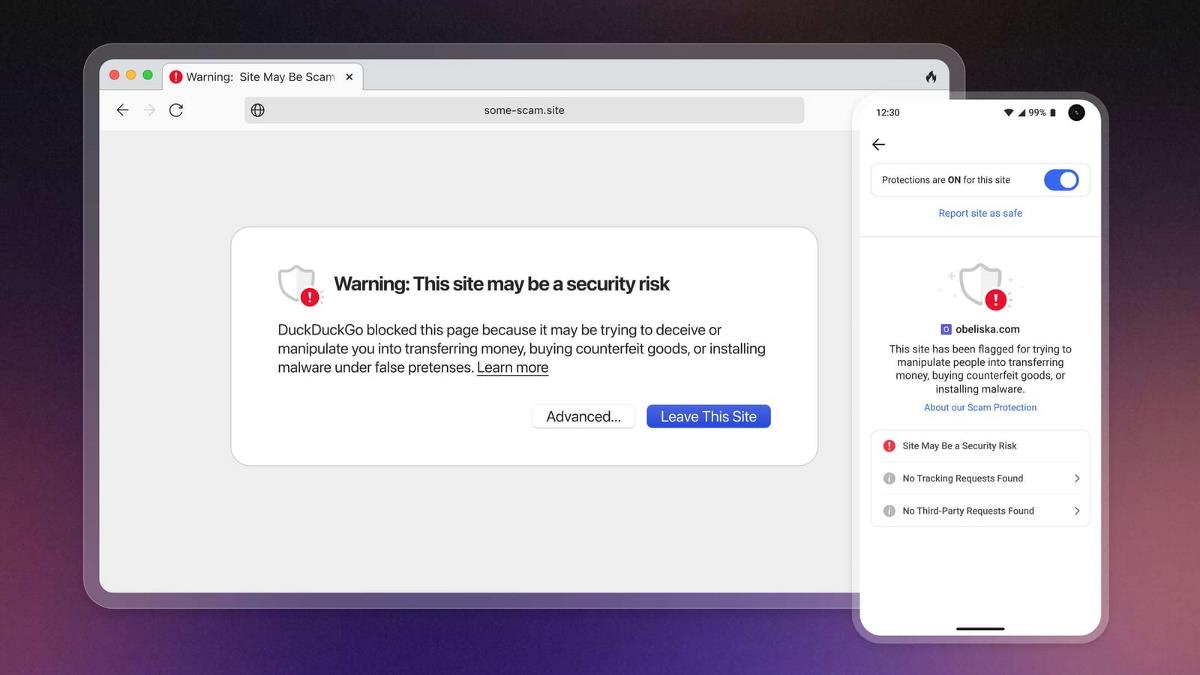




















![Oakley and Meta Launch Smart Glasses for Athletes With AI, 3K Camera, More [Video]](https://www.iclarified.com/images/news/97665/97665/97665-640.jpg)

![How to Get Your Parents to Buy You a Mac, According to Apple [Video]](https://www.iclarified.com/images/news/97671/97671/97671-640.jpg)




















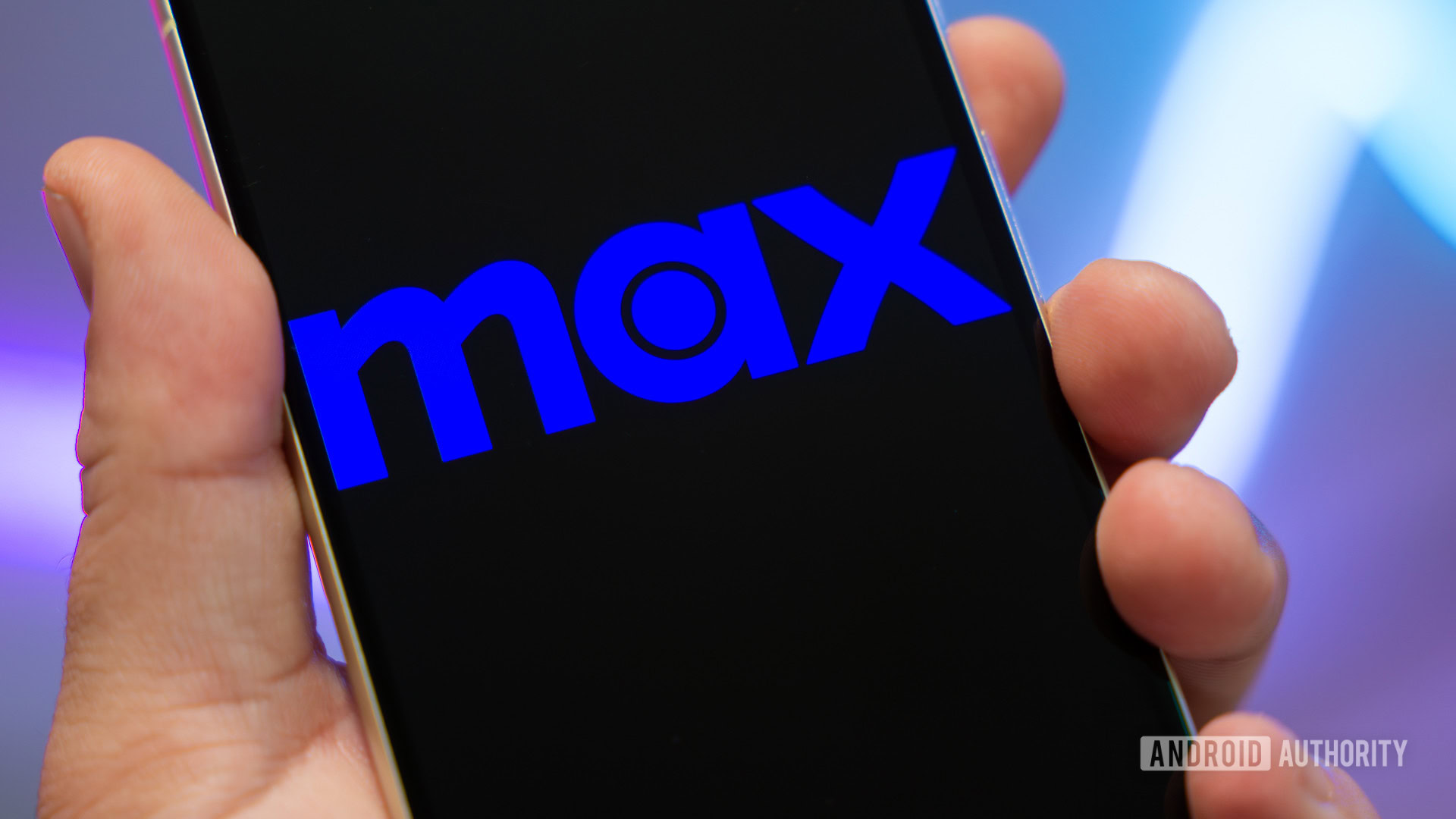






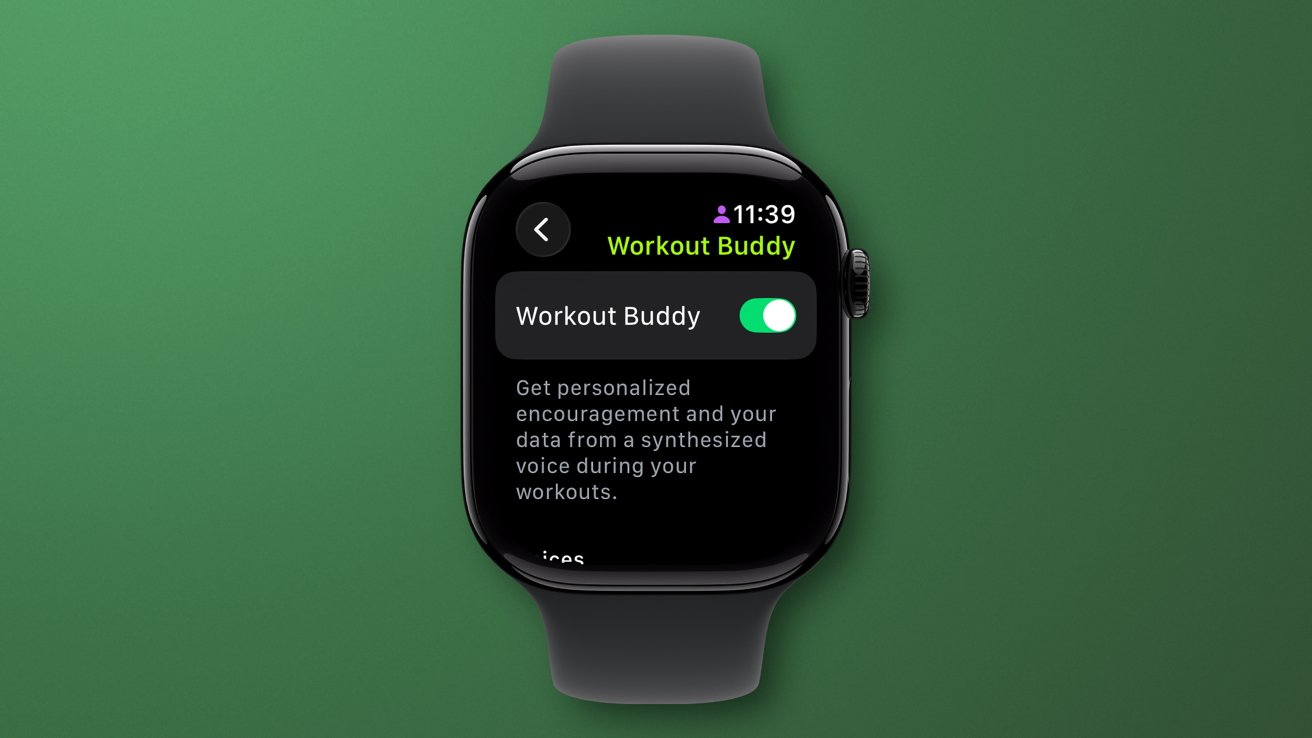


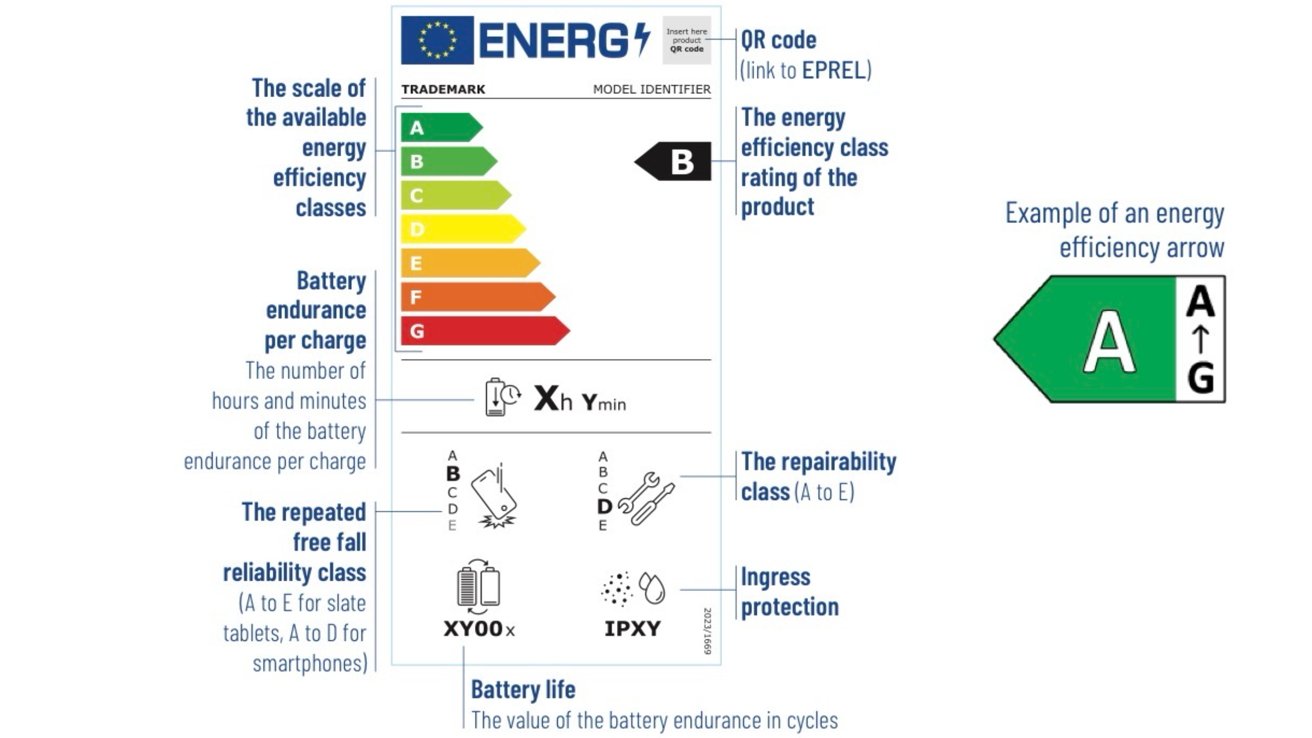
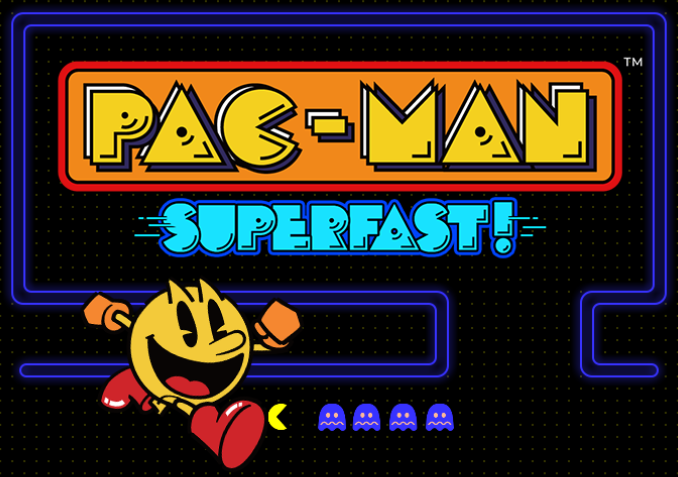

















































































_Paul_Markillie_Alamy.jpg?width=1280&auto=webp&quality=80&disable=upscale#)
_Frank_Peters_Alamy.jpg?width=1280&auto=webp&quality=80&disable=upscale#)




































































































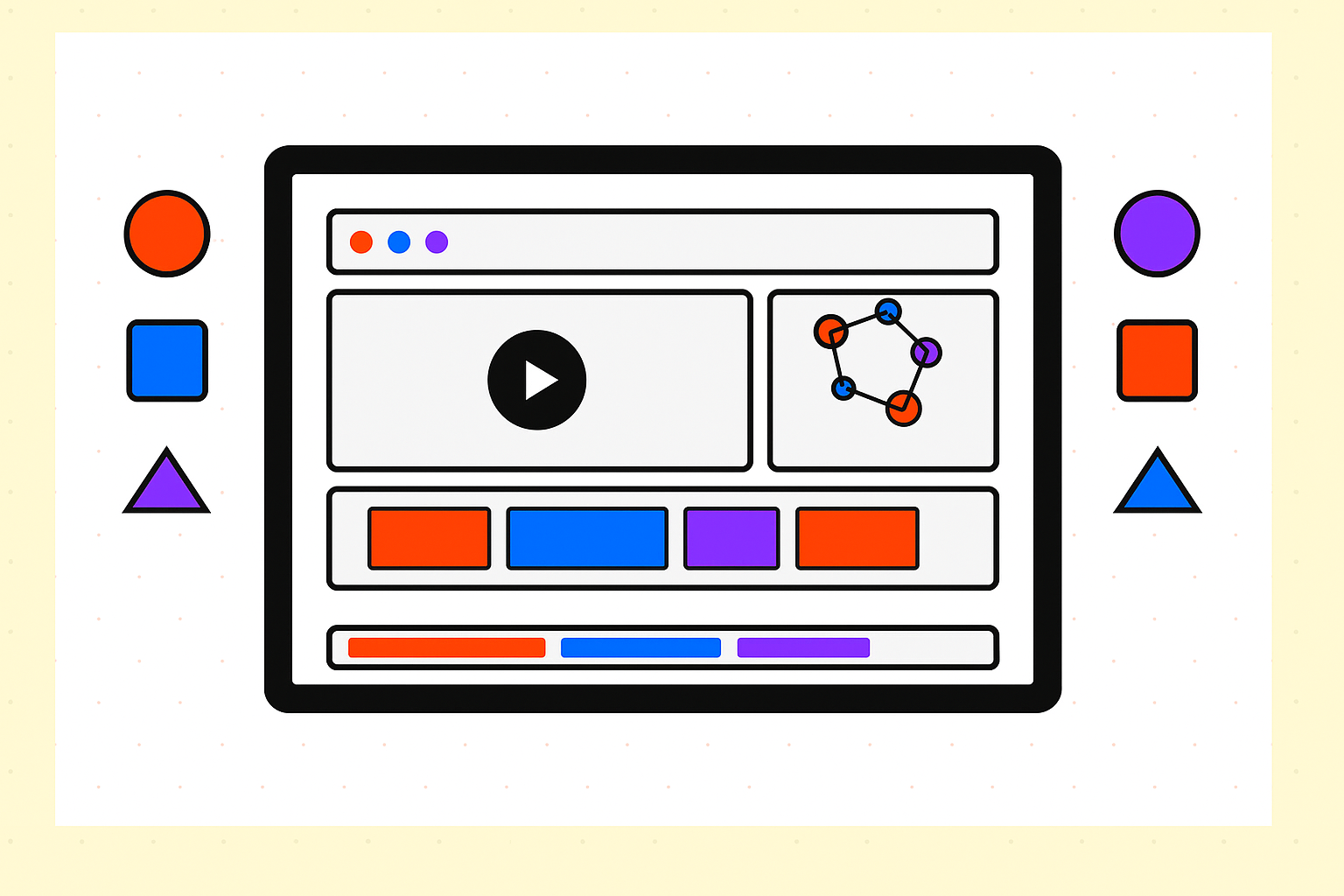














![[The AI Show Episode 154]: AI Answers: The Future of AI Agents at Work, Building an AI Roadmap, Choosing the Right Tools, & Responsible AI Use](https://www.marketingaiinstitute.com/hubfs/ep%20154%20cover.png)
![[The AI Show Episode 153]: OpenAI Releases o3-Pro, Disney Sues Midjourney, Altman: “Gentle Singularity” Is Here, AI and Jobs & News Sites Getting Crushed by AI Search](https://www.marketingaiinstitute.com/hubfs/ep%20153%20cover.png)





























































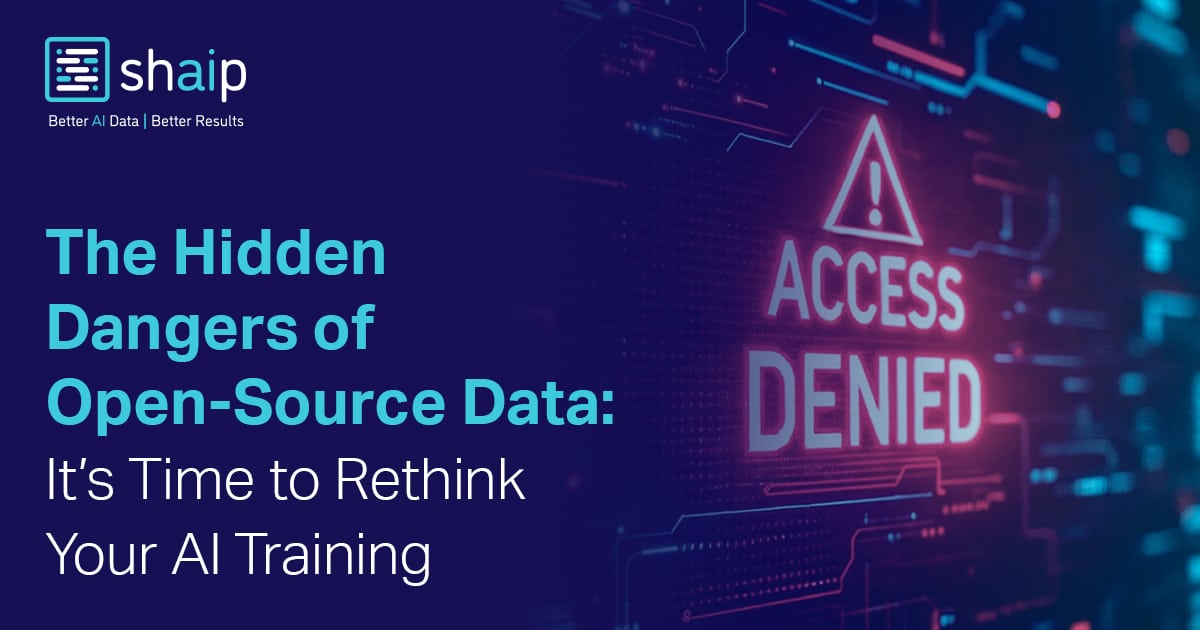















































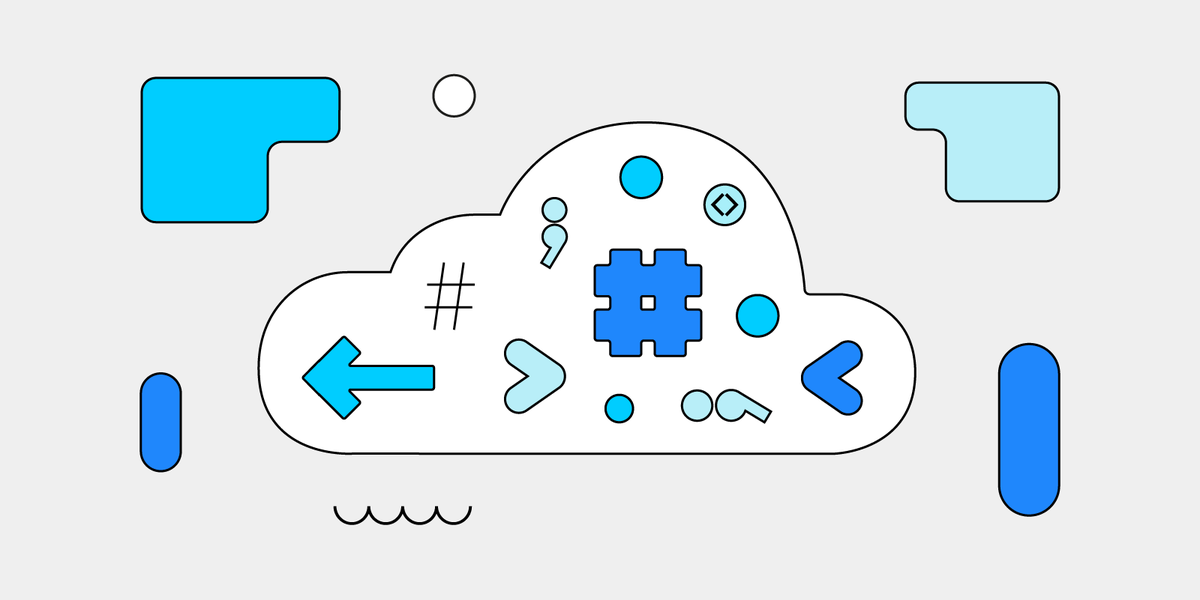
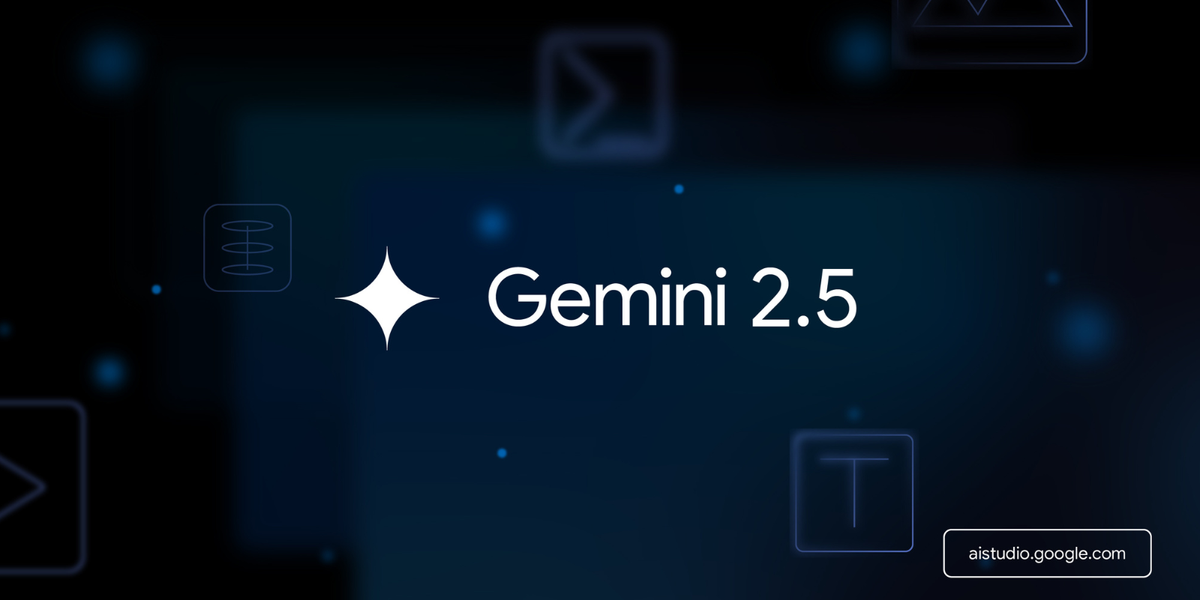




















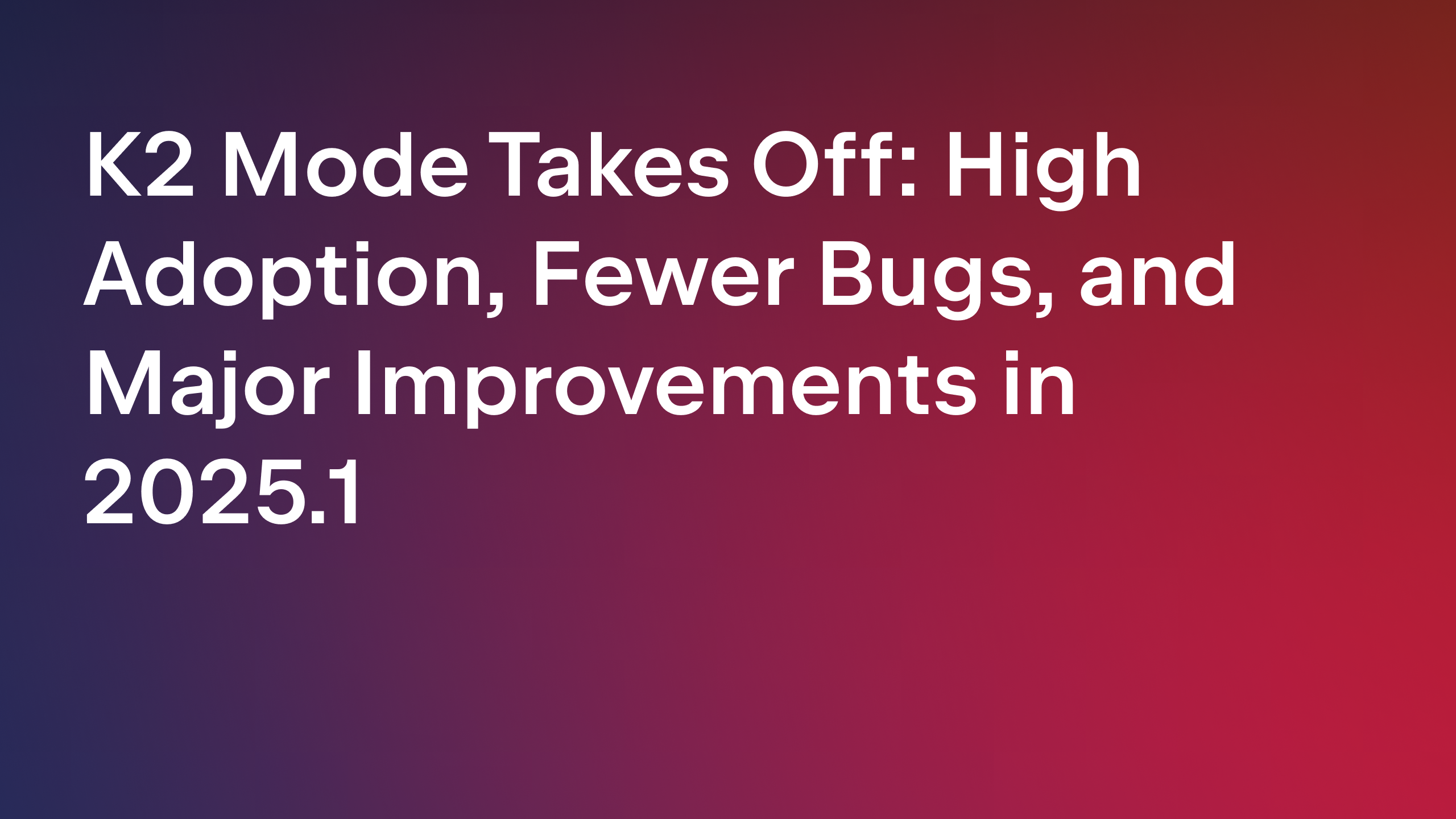













































.png?#)






























































